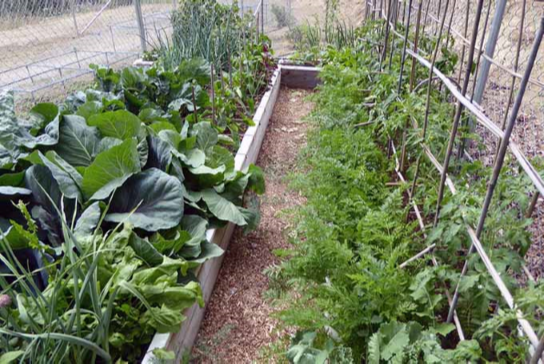Is soil health solely the responsibility of our farmers? Absolutely not! We all have an impact on the quality of our soils. The food we eat, the clothes we wear, the products we buy, our lawns and gardens all have an impact on soil health. Farmers implementing soil health practices are protecting our drinking water, reducing flooding, reducing sediment, nutrients, and chemicals in our waters we recreate in and wildlife utilize. They are growing food for us that reduces the amount of chemicals used in production while lowering the carbon footprint of our food system and using less fuel to produce. What can non-farmers do to provide and support soil health implementation?

Lawns – Reduce or eliminate fertilizer and chemical use. Keep lawn clippings on the lawn to provide nutrients to your grass and keep them out of the storm drains. Allow for diversity of species including white clover and dandelions because they are excellent plants for pollinators. Adding native species even in planting blocks will provide deeper rooting to improve soils and reduce runoff.
Gardens – Flower gardens can have beautiful natives plants that root deeply. Variety of species provides a variety of food to soil organisms building diversity below ground. Pollinators will also appreciate the variety and food. Vegetable gardens can use soil health practices such as using no-till or low-till methods of only disturbing the soil where you’re placing seed or placing a plant. Using cover crops or square foot methodology https://www.growveg.com/guides/planning-a-square-foot-vegetable-garden/ helps to get more roots in your soils building them, providing diversity below ground, and competing with weeds. This also can help your produce by planting companion crops together that help each other https://www.almanac.com/content/companion-planting-chart-vegetables

Food – Purchase foods locally as much as possible and get to know your farmers. Farmers markets are excellent opportunities to do this and getting to know the local food network in your area. If products aren’t available at your farmer’s market talk with them to see if another source is available or if they would be willing to meet the supply. Animal products can also be sourced locally from meat to eggs to bones for making broth. Your purchasing power is extremely effective in supporting regenerative agriculture by showing where demand is and by supporting the farmers implementing those practices. Many farms providing direct sales have websites and/or Facebook to help connect with consumers.
Products – Purchase products that are sustainably or regeneratively produced, check for label information or get to know brands with this in their mission statement. Purchase products with minimal packaging and as locally produced as possible.
Conversation – We discuss important issues with friends, family, and coworkers. Having conversations about soil health in our lives helps to educate and build support for methods that protect our natural resources.
